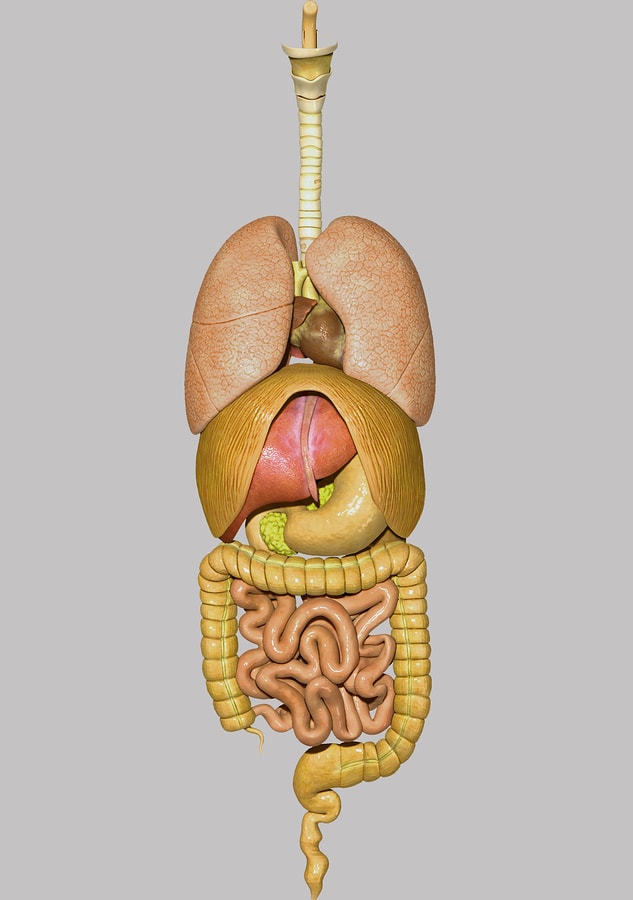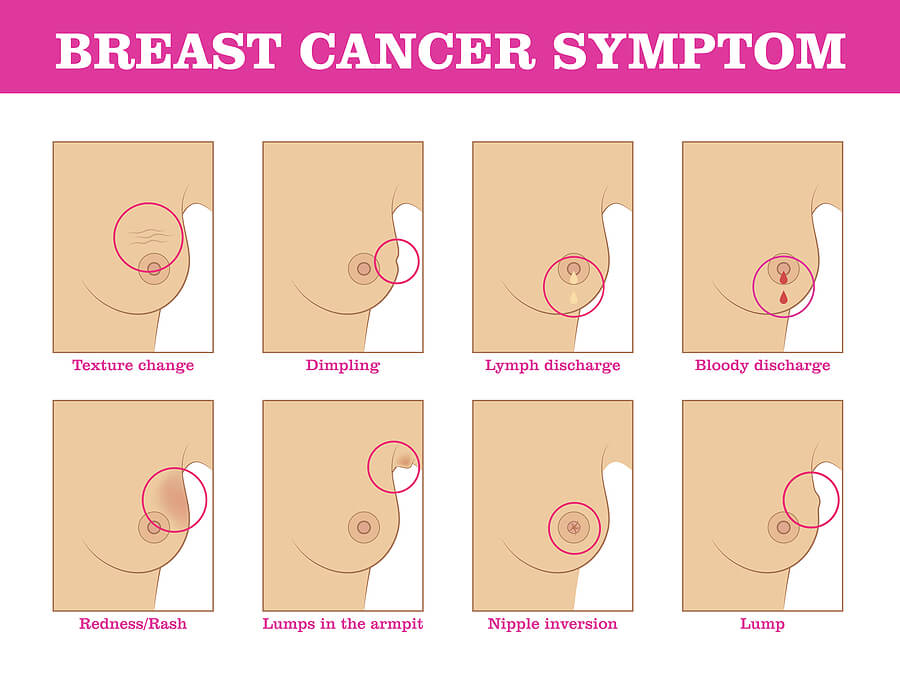
It's common to hear about cancer afflicting seemingly “healthy people.” You may even have a cancer-stricken relative you've always thought to be at the peak of health prior to their diagnosis. But, while cancer may catch many by surprise, there may be signs and symptoms that can help you assess warning signs of cancer growing in your body.
Watching out for these tell-tale signs may lead to early detection that can spell the difference between saving your life or that of a loved one.
Keep reading to learn warning signs of cancer growing in your body.
How Do You Know if Cancer is Growing in Your Body?
Cancer may be caused by certain factors such as genetics, an unhealthy lifestyle, exposure to chemical and physical agents, environmental pollutants, and radiation.
Although no cancer is 100% avoidable, your body can send signals telling you that it's going through something significant.
Here are some of the top warning signs that point to cancerous cells growing inside your body.
1. Excessive and Prolonged Periods of Pelvic Pain

It's common to experience irregular menstrual cycles occasionally. However, if abnormal vaginal bleeding becomes consistent and prolonged during menstruation, in between periods, or even in menopause, this may be a sign of cervical uterine, or ovarian cancer. You may also feel persistent pain in your lower back, pelvis, appendix, or legs.
In addition, you may also suffer from pain post-sexual intercourse and notice a foul odor from your vaginal discharge. Do note, though, that you generally won't see nor feel any signs or symptoms at the early stages of these types of cancer.
2. Changes in Bowel Movements

When you notice a substantial shift in your bowel function or schedule, this may be a sign of certain cancers such as prostate, colon, or bladder cancer.
In addition, you may experience irregular, persistent constipation or diarrhea, rectal bleeding, dark brown or black stool, red poop due to blood, incontinence, and blood or blood clots in your urine.
Urinating may also be painful or cause a burning sensation. Another sign is that your bowel always seems full despite emptying it frequently.
3. Unusual Lumps

Cancerous lumps tend to be sizeable, firm or hard, and painless when touched.
They also usually look irregular in shape and can be found in the breasts, the armpits, testicles, neck, collarbone, arms, and legs. Such bumps will increase in size over several weeks or months.
4. Skin Changes

Another possible indicator of cancer is the appearance of a new mole or change in how an existing mole or birthmark looks. For instance, one half of it looks different from the other half, or the ridges seem irregular or blurry. It may also have a brown or black color.
Other signs to look for are unexplained rashes, crustiness, bleeding, and an increase in size.
You may also find such skin sensitive to touch. On top of that, melanomas can be larger than the size of a pencil eraser or bigger than 6mm in diameter. However, you may want to note that size doesn't clearly indicate that a skin patch is benign or malignant.
5. Persistent Pain

When cancer grows in your body, it may press on your nerves, causing nerve changes. Or it can also be that a tumor is secreting chemicals that bring about pain.
Although all kinds of cancer are painful in one way or another, some, like bone and pancreatic cancer are more often associated with pain. Bone cancer, for instance, can be painful from its inception.
6. Excessive Bruising

Most bruises are harmless and disappear even without any medication or treatment. Yet if you notice multiple bruises in several parts of your body without knowing where they came from, it may be a sign of blood cancer.
7. Chronic Coughing

Are you still coughing even after two weeks? Is it a dry cough? Then this may be a sign that you have lung cancer. You're coughing because the cancerous cells are blocking the air passages in your lungs.
The types of cancer most likely to have cough symptoms are squamous cell carcinoma and small-cell undifferentiated lung cancer.
8. Constant Headache

If your headaches persist for more than two weeks and aren't responsive to standard medications, then they may be a warning so check :sign of cancer caused by a brain tumor.
9. Persistent Fatigue

Are you tired all the time regardless of how much rest or sleep you've had the night before? Then this may be a warning sign of cancer. Lymphoma or leukemia can produce intense fatigue by causing inflammation and decreasing the healthy white blood cells that combat infection in your body. At the same time, it also reduces red blood cells causing a lack of oxygen and making you feel short of breath.
10. Unexplained Weight Loss

Several cancers can bring about weight gain, such as ovarian and colorectal cancer. These cause ascites, a condition in which fluid builds up in your legs or spaces in your abdomen.
Others, such as cancers of the esophagus and stomach are more likely to cause weight loss.
Conclusion
The list above is not exhaustive. To be sure, at the first sign of any of these symptoms or any unusually persistent discomfort or change in your body, see your doctor right away.
While there's no guarantee that you can keep cancer at bay, it wouldn't hurt to reduce your risk.
Eat a healthy diet, keep a daily exercise routine, practice good sleep hygiene, drink plenty of water, and supplement with antioxidants like resveratrol.
Lastly, keep in mind that stress hormones can resist anoikis, a body program that kills disease cells and prevents the spread of cancer. So reduce stress in your life as much as possible.
Author Bio: Myrtle Baustista
Comments
Post a Comment